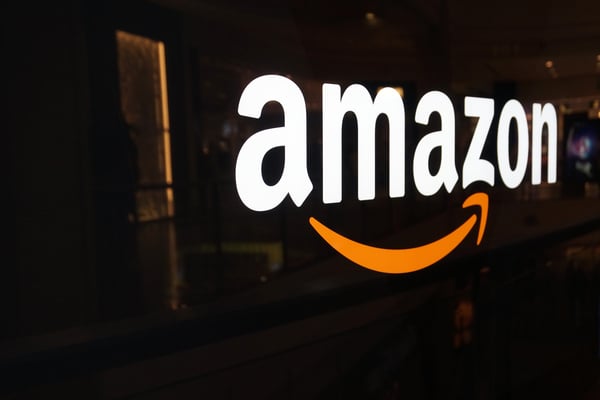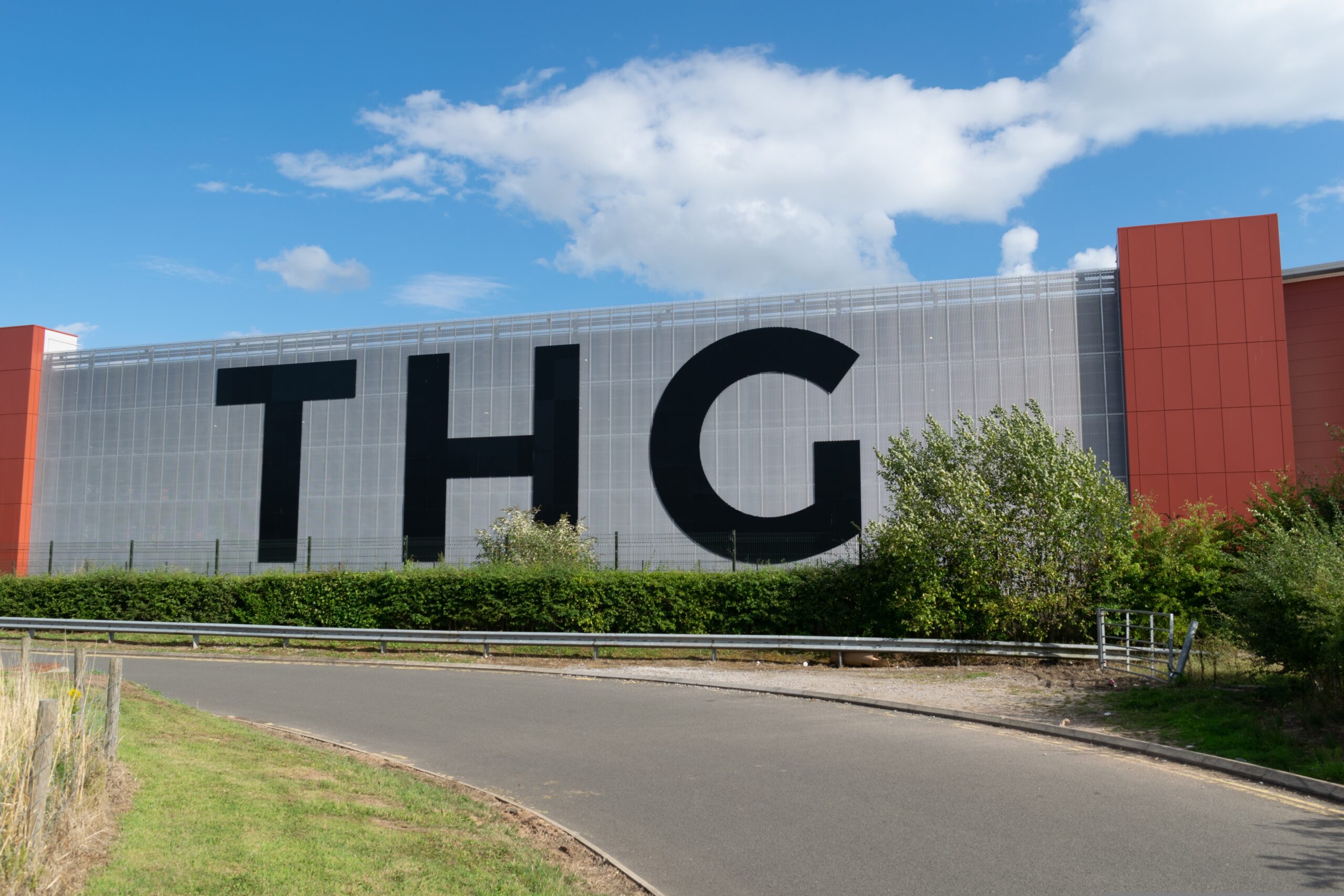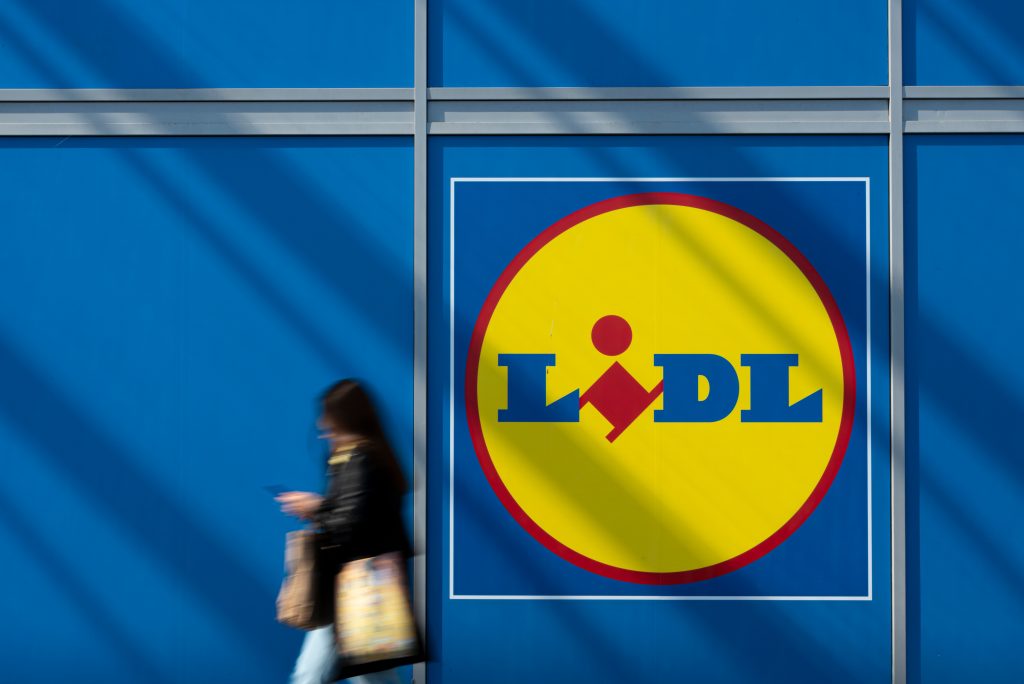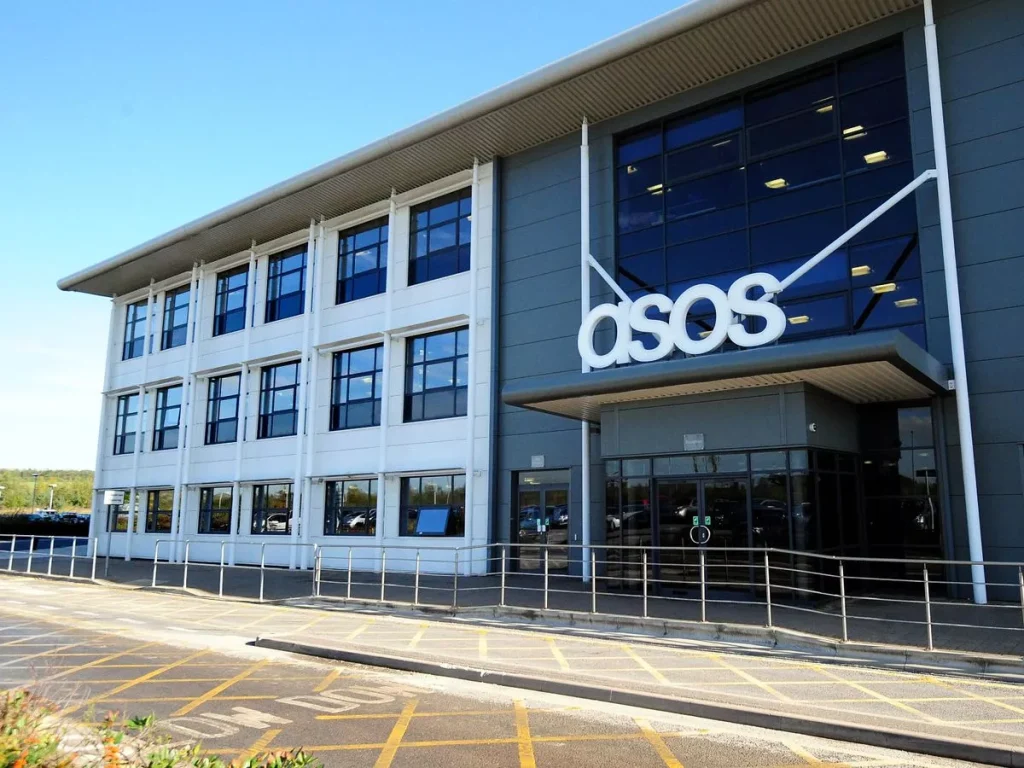Amazon pays just £38 million in business rates taxes despite its sales dwarfing high street retailers with comparable bills.
The controversy surrounding the online giant’s tax bills has been thrown back into the spotlight as an investigation carried out by Altus Group revealed that it pays £38 million on its 189 sites across England and Wales.
This is just £2 million more than the embattled department store House of Fraser pays, despite Amazon raking in £9 billion a year, more than 11 times House of Fraser’s annual income.
Its 189 taxable properties include electronic lockers, offices and fulfilment centres, and 179 of these saw their business rates bills rise amid last years revaluation.
Despite the business rates revaluation proving a major cause for concern for many high street retailers, Amazon’s tax liabilities rose from £31.07 million in 2016 to just £32.98 million this year on the 179 sites.
In comparison, House of Fraser saw its business rates bill rise nearly £4 million to £30.24 million on its 59-store estate, 31 of which are due to close amid its upcoming CVA.
This follows news last week that Amazon’s UK tax payment was the lowest in five years after it slashed its bill by almost a third last year, despite nearly doubling profits.
According to accounts filed at Companies House, Amazon UK Services Limited incurred £4.6 million in UK corporation tax in 2017, £2.8 million less than the 2016 figure of £7.4 million.
However, after deferring £2.9 million, the online retail giant only paid £1.7 million in tax.
“Punitive rates for warehouses or distorting the system isn’t the answer in addressing the structural issues facing our high streets,” Altus Group head of business rates Robert Hayton said.
“Whilst pure online retailers pay market rents for their facilities for which the commensurate tax is due, traditional bricks and mortar retailing is property intensive leading to a larger tax to turnover ratio and, if left unchecked, could lead to the substantial extinction of the high street.
“The government should use the ongoing high street crisis by accelerating their commitment to formulating a coherent approach to taxing the digital economy which could possibly involve a bespoke sales tax but any additional revenue would have to be ring fenced for the benefit of the entire sector.”
[stockdio-historical-chart stockExchange=”NYSENasdaq” width=”100%” symbol=”AMZN” displayPrices=”Area” performance=”false” from=”2018-01-01″ to=”2018-08-06″ allowPeriodChange=”false” height=”300px”]Click here to sign up to Retail Gazette‘s free daily email newsletter




























